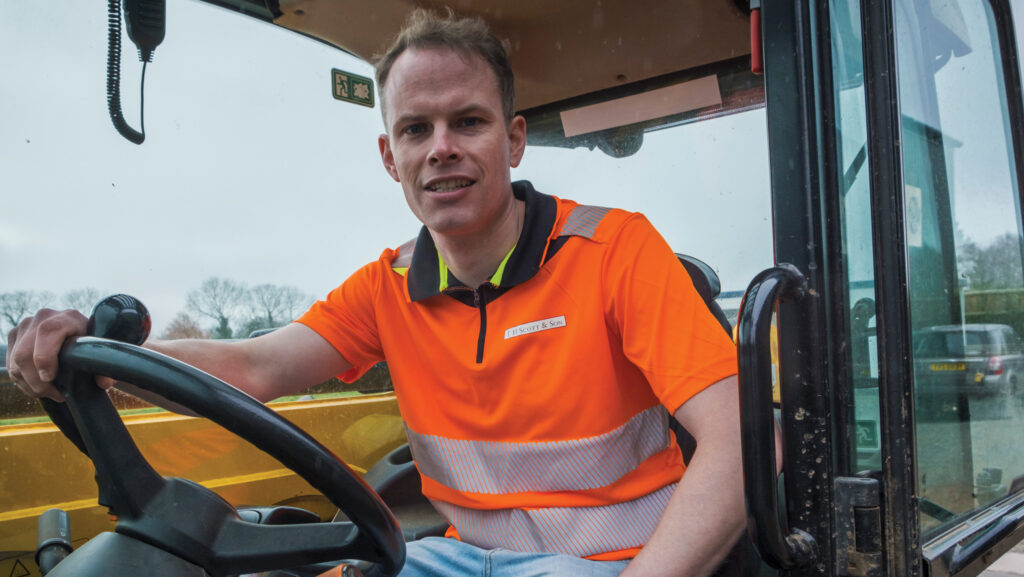Farmer Focus: The cheapest therapy session I’d ever get
 Robert Scott © Jason Bye
Robert Scott © Jason Bye October started with a first for me, presenting to other farmers about my farming system.
I was invited to speak to Stoke Ferry Agricultural Society in West Norfolk. They are looking for more members, so if you’d like to join, they can be found on Facebook and X.
I explained my career so far, how I set about growing our contracting business, our return to sheep farming, reduced tillage, and the highs and lows of working with family.
See also: Farmer Focus: Challenge of growing food is too great a draw
I enjoyed the number of thoughtful questions at the end, and came away thinking I’d just experienced the cheapest therapy session I’d ever get.
I’m writing this column as storm Ashley hits the UK, with high winds and yet more rainfall.
We have managed to drill 68% of our total planned autumn cereals and stewardship area, or 75% if you ignore the October/November sugar beet yet to be lifted.
The latter figure is the one I’d use at the pub.
This is not a disaster by any stretch, but I think we could have achieved more had I been decisive with my cultivations earlier in the campaign.
The very dry weather in early September, followed by 70mm of rain in a single weekend later that month, meant my block farming strategy came undone as extra passes were needed to create acceptable seed beds.
I resorted to managing fields individually across a 10-mile spread, swapping our machinery in and out to suit conditions, rather than by geographical block as I usually would.
This ultimately cost time.
The patchy rainfall since has meant we have now drilled all our un-worked stubble or shallow chitted land, and we have been left with fields that were deep ripped or ploughed too-early when bone dry and cloddy.
These now range from wet and lumpy to soaking and slumped.
It has certainly been a year where I have learned some practical lessons about contract farming, one of which is to stick to my own system and principles and not be led by others.
On the plus side, the early wheat is looking fantastic.
One shallow cultivation across the oilseed rape stubble seems to have significantly reduced our reliance on slug pellets, compared with previous no-till efforts.


